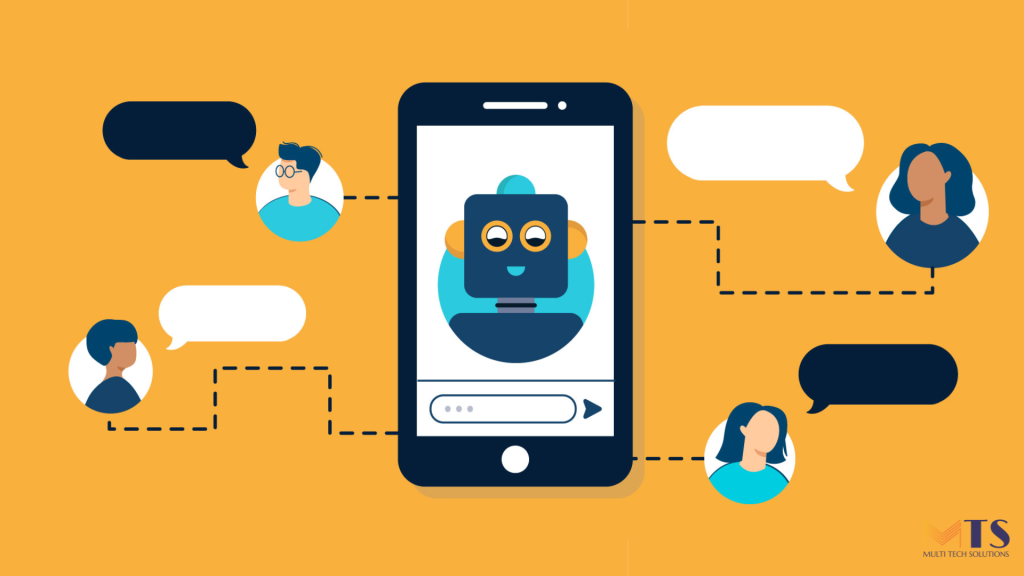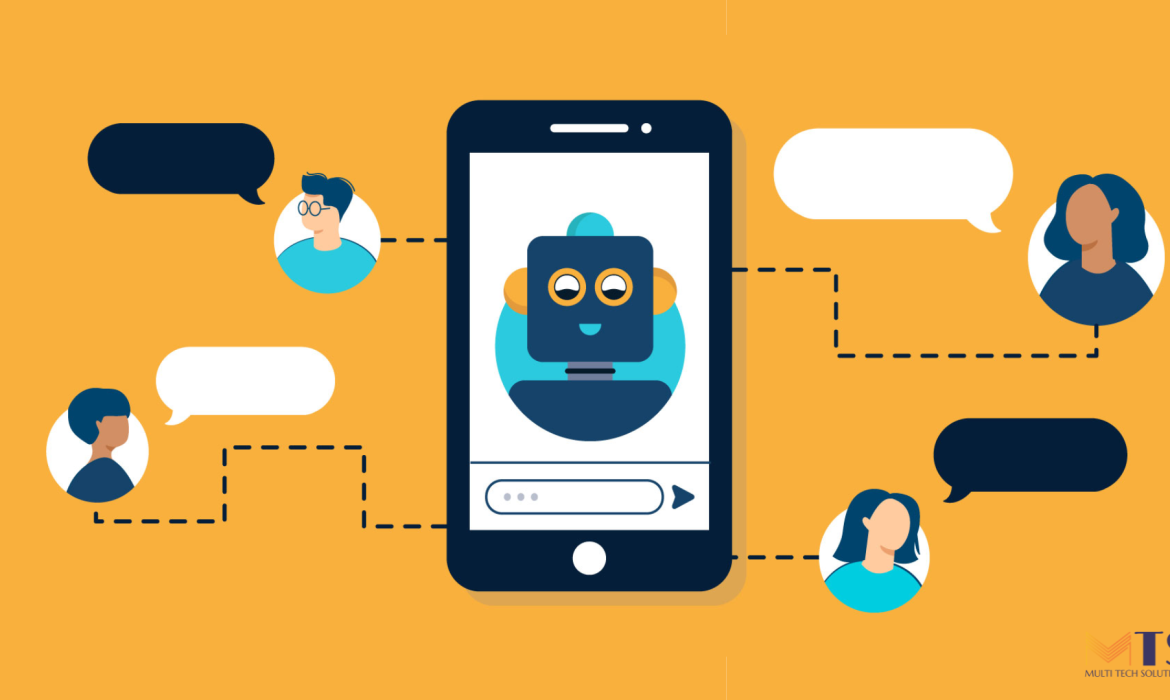
In today’s fast-paced digital landscape, providing exceptional customer support is a key differentiator for businesses. Customers expect quick responses and personalized assistance, driving companies to explore innovative solutions. Enter chatbots and virtual assistants, the cutting-edge technologies that are revolutionizing customer support. This blog explores how chatbots and virtual assistants are enhancing customer support, streamlining interactions, and delivering top-notch user experiences.
Understanding Chatbots and Virtual Assistants
Before diving into their impact, let’s grasp the essence of chatbots and virtual assistants and how they differ:
Chatbots: AI-powered conversational agents designed to engage in real-time interactions with users, typically through text-based conversations.
Virtual Assistants: Advanced AI systems that understand natural language and perform tasks based on voice commands or text input.
The Rise of Chatbots and Virtual Assistants in Customer Support
The adoption of chatbots and virtual assistants in customer support is gaining momentum and for good reasons:
24/7 Availability: Unlike human agents, chatbots and virtual assistants can provide support round the clock, ensuring prompt responses to customer queries at any time.
Handling Multiple Queries: These AI systems can simultaneously handle numerous customer queries, minimizing waiting times and improving overall efficiency.
Seamless Customer Interaction
Chatbots and virtual assistants offer several benefits in terms of customer interaction:
Personalized Responses: AI systems can analyze customer data to deliver personalized responses, creating a more tailored customer experience.
Natural Language Processing (NLP): Advanced NLP algorithms enable chatbots and virtual assistants to understand and respond to customers’ natural language queries, making interactions more human-like.
Improving First Contact Resolution (FCR)
First Contact Resolution (FCR) is a critical metric in customer support, and chatbots and virtual assistants can significantly enhance it:
Instant Solutions: By tapping into their vast knowledge bases, chatbots can provide instant answers to common queries, resolving issues in a single interaction.
Intelligent Escalation: If a query requires human intervention, chatbots can intelligently route the conversation to the appropriate human agent, streamlining the resolution process.
Reducing Customer Support Costs
Implementing chatbots and virtual assistants can yield substantial cost savings in customer support:
Automation: By automating repetitive tasks and queries, businesses can reduce the workload on human agents, enabling them to focus on more complex issues.
Scalability: Chatbots and virtual assistants can handle an unlimited number of interactions simultaneously, allowing businesses to scale their support without adding more staff.
Enhancing Customer Satisfaction
Happy customers are the lifeblood of any successful business, and chatbots and virtual assistants contribute to customer satisfaction in multiple ways:
Prompt Responses: Quick and accurate responses to queries leave customers feeling valued and appreciated.
Consistency: AI-powered systems deliver consistent responses, ensuring customers receive the same level of service regardless of the time of day or the agent they interact with.
Data-Driven Insights
Chatbots and virtual assistants generate valuable data that businesses can leverage for continuous improvement:
Customer Analytics: By analyzing customer interactions, businesses gain insights into common pain points, allowing them to optimize their products and services.
Performance Metrics: Tracking metrics such as response times, FCR rates, and customer feedback helps businesses assess the effectiveness of their AI-powered support systems.
Multilingual Support
In a globalized world, providing support in multiple languages is crucial. Chatbots and virtual assistants excel in this aspect:
Language Capabilities: These AI systems can communicate fluently in various languages, enabling businesses to cater to a diverse customer base.
Cultural Sensitivity: AI systems are designed to be culturally sensitive, avoiding misunderstandings that might occur with language barriers.
In conclusion, Chatbots and virtual assistants are revolutionizing customer support, delivering seamless and personalized interactions while reducing costs and improving customer satisfaction. As businesses continue to embrace digital transformation, integrating these AI-powered systems into their customer support infrastructure is becoming essential to stay competitive in a rapidly evolving market.


